 Is eating raw eggs safe?
Is eating raw eggs safe?This site requires you to update your browser. Your browsing experience may be affected by not having the most updated version. Please visit to update. JavaScript has been disabled in your browser. Please enable JavaScript to experience the full functionality of our website. Latest News Research reveals that 23% of Australians are poor in vitamin D and this increases to 36% at the end of the winter. 1 It is suggested that this is due to several lifestyle factors, including the prevalence of indoor jobs, increased office hours and increased time on screens inside. The more than 20 million Australians who regularly eat chicken and eggs will soon reduce their dietary carbon footprints thanks to a new, neutral carbon project of the Australian poultry industries. Featured Recipes Almost a quarter (23%) of Australian adults have a mild or moderate vitamin D deficiency. In the coolest months, these levels of deficiency increase to 40%. Eggs have been part of our diet for millennia, but we are still learning how beneficial human health can be. Your browser does not support the audio element. Every day, Australians get into millions of eggs. They come from all types of eggs farms throughout the country, large, small, free range, barn-laid, enjaulado. With more than $0.5 billion invested in the last 10 years to improve the egg cages standards, Australia's current egg cages farms are a healthier and happier place for chickens. Learn how our farmers care about their flock. In order to balance lunch, food is included in each of the five basic food groups (fruit, vegetables, " beans " , dairy products " , lean meats, eggs " alternatives; cereals " ) and add a bottle of water. We round up all your favorite recipes by 2020 and there are some clear trends! Can you eat raw eggs? Can you eat raw eggs? Since Rocky began to swallow eggs in the 1976 classic, raw eggs have been a popular meal between bodybuilders and athletes. Despite this, many non-attacks are hesitant to consume uncooked eggs due to the risk of food poisoning. Australian Eggs is dedicated to providing you with the best information about eggs and we have outlined the pros and cons of eating raw eggs below to help you decide if it is worth it. Is it safe to eat raw eggs? It is safe to consume raw eggs while following some basic precautions and understanding the risks. With any egg, there is always a low risk that Salmonella bacteria are present outside the egg shell. This has nothing to do with versus , or commercial egg farm against backyard sting, is a risk that exists in all poultry products. The most important thing is that raw eggs should be consumed immediately after preparing them. When an egg is broken, there is a risk that any Salmonella bacteria in the skin can touch the white egg and end in the bowl. This risk grows when a piece of broken egg shell falls into the raw egg or the eggs are separated by passing the yolk over and over between two halves of shell. Bacteria like Salmonella need time to grow (replicate) so how fast food is eaten and if it cools before and after it really matters. It is unlikely that a very small number of bacteria in raw eggs will cause food poisoning because human stomach acid will overpower it. However, if a raw egg dish sits on the bench for several hours, the bacterial load will increase and thus the risk of severe food poisoning. So, breaking an egg in a cup and drinking it is at low risk but breaking an egg in a cup, dropping a shell on it, picking up the skin with your fingers and drinking it after two hours in the bank is high risk. Are raw eggs safe for children, older or pregnant women? Vulnerable persons or persons with committed immune systems, including children, pregnant women and older persons, should not eat food containing raw eggs. Eggs are an important addition to the diets of children, pregnant women and the elderly as they are filled with vitamins, minerals and high-quality proteins. But they should always cook properly to eliminate any risk of food poisoning. What about raw egg disks like Mayonnaise? It's okay to make your own mayonnaise and aioli home, providing you with precautions. Only small quantities should be prepared at once and sufficient vinegar or lemon juice should be added to acidify the sauce to a 4.2 pH or less. It is important to eat it within a day of making and storing in the fridge when you do not use. Leaving homemade mayonnaise or aioli to sit in the bank at room temperature is very risky. For desserts containing raw egg such as tiramisu and chocolate mousse, it is better to separate the white egg and the yolk with an egg separator instead of with the halves of the shell. It is good to use that method for baked products, but an egg separator is a safer choice for uncooked desserts. Once again, it is important to refrigerate immediately and consume within a day of manufacture. When preparing raw egg dishes, it is especially important not to use raw or dirty eggs. Only use clean eggs that have been refrigerated and are within the best before the date. Is there a risk of Salmonella? The risk is low as Australia has strict food security laws and strong state agencies with the responsibility of regulating our food system. Egg farmers also make every effort to supply safe, clean and fresh eggs. But despite this, it is still possible that the eggs will become. Salmonella is a bacteria of food poisoning that can be instantly killed at 74°C so the eggs will always be safe when well cooked. Males containing uncooked eggs are more susceptible to Salmonella bacteria and need to be prepared and stored carefully. The risk of salmonella can be minimized by throwing raw or dirty eggs, storing them immediately and safely in the fridge inside the carton they entered, and throwing eggs once they reach the best before the date. Benefits and disadvantages of eating raw eggsEggs are one of the most nutritious foods you can eat as they are and contain very high quality proteins. And because of its excellent protein profile, raw egg whites have always been popular with athletes and bodybuilders. But drinking or eating raw eggs does not offer important advantages over eating watered or boiled eggs. Despite raw eggs that contain a little more nutrients, the nutrients in cooked eggs are easier to digest and absorb. that the body is able to absorb 90% of the protein found in the cooked eggs compared to only 50% in the raw eggs. Should you eat raw eggs? Although it is generally safe to consume raw eggs, there are very few reasons to do so. Raw eggs usually contain the same benefits as cooked eggs, but do not help nutrient absorption as well. Eating raw eggs also comes with a small risk of Salmonella food poisoning; however, there are steps that you can take to minimize this risk at a very low level. Children, pregnant women, older persons and others with weak immune systems should definitely avoid raw eggs. But for anyone else, it is reduced to understanding the risks and making its own decisions. Would you like more nutritional information about eating eggs? Australian Eggs has created a center dedicated to answering all your questions about . Tips for handling raw eggs As much as possible, eat raw eggs immediately after preparing them. Just keep raw egg dishes for a day and cool all the time. Past time at room temperature is the best friend of the bacteria. Wash your hands with soap and water after handling uncooked eggs, so there is no risk of transferring bacteria from the surface of the eggs to other foods in the kitchen. If any shell falls into the bowl of eggs you plan to eat without cooking, it is safer to throw it out and start over. Do not buy raw or dirty eggs and if a crack while transporting them home, it is safer to throw it away. Save your eggs in the fridge, inside the cardboard you bought them. This will keep the eggs fresh for longer and will allow you to check the best before the date in the box. Get the eggs beyond your best before the date. FAQIs it safe to eat raw eggs? It is safe to consume raw eggs while following some basic precautions. The most important thing is that raw eggs should be consumed immediately after preparing them. Catching an egg in a cup and drinking is low risk, but cracking an egg in a cup, dropping a peel on it, picking up the peel with your fingers and drinking it after two hours in the bench is high risk. Are raw eggs safe for children, older or pregnant women? Vulnerable persons or persons with committed immune systems, including children, pregnant women and older persons, should not eat food containing raw eggs. Is it safe to eat raw eggs like Mayonnaise? It's okay to make your own mayonnaise and aioli home, providing you with precautions. Only small quantities should be prepared at once and sufficient vinegar or lemon juice should be added to acidify the sauce to a 4.2 pH or less. Is there a risk of salmonella when you eat raw eggs? The risk of salmonella can be minimized by throwing raw or dirty eggs, storing them immediately and safely in the fridge inside the carton they entered, and throwing eggs once they reach the best before the date. What are the benefits and disadvantages of eating raw eggs? Drinking or eating raw eggs does not offer important advantages in eating watered or boiled eggs. Despite raw eggs that contain a little more nutrients, the nutrients in cooked eggs are easier to digest and absorb. Related articles How many times have you broken an egg in a bowl of other ingredients, just to question whether the egg has gone wrong or not? Unfortunately, eggs are not the easiest ingredient to determine the freshness of how the protective opaque shell hides the condition of the white yolk. Eggs are an important source of nutrition for most people. While egg farmers supply a safe, clean and fresh product, eggs may be contaminated by the Salmonella food poisoning bacteria. You want to see what an egg farm is like? Take this 360-degree interactive tour to see how eggs are produced in Australia. New recipes and news in your inbox every month! About UsPopularFor You© 2002 - 2021 Australian Eggs Limited. All rights reserved.
What's the deal with eating raw eggs? Apart from being a fascinating phenomenon, what is the problem of eating raw eggs? The egg is a nutritious, versatile and tasty food. Your shelf lif... Apart from being a fascinating phenomenon, what is the problem of eating raw eggs? The egg is a nutritious, versatile and tasty food. Its useful life is long and can be used in a wide variety of ways in many different dishes or simply be cooked and eaten as it is, simple and simple. Many of you have probably seen or heard people recommend eating raw eggs. Some add it to their morning shake or have them after a hard training session. But how healthy and beneficial is eating raw eggs? Crude Egg Protein Many add raw eggs to their smoothies or similar drinks in an attempt to increase food protein intake to build or preserve muscle mass. Eggs are an excellent source of proteins with a favorable amino acid (protein building blocks) profile with a fair amount of essential amino acids (amino acids that we cannot produce ourselves but have to get from the diet) (Miranda et al., 2015). What you should know is that what you thought would be a sufficient dose of protein to maximize muscle protein synthesis (the muscle building) after exercise, about 20-40 g of protein per meal (Witard et al., 2014; Macnaughton et al., 2016; Jäger et al., 2017), might not be. If you, for example, added 3 eggs to your smoothie (about 180 g) you think you would have added nearly 22 g of protein, right? That's right. However, bioavailability (the ability of your body to decompose and absorb any nutrient) is not 100%, especially when it comes to raw eggs. Cooked eggs have a bioavailability of about 91% for protein, while raw eggs protein is only 50% bioavailable (Evenepoel et al., 1998). This means that you can only absorb and use about 11 g of protein from your 180 g of raw eggs! This is not enough to reach the target of about 20-40 g protein. So why does protein in cooked eggs have higher digestibility and bioavailability? The simple answer is that the heating eggs change the structure of proteins (denominating proteins) in the eggs making them more accessible to our digestive enzymes (Evenepoel et al., 1998) and therefore more easily absorbed. Energy content and macronutrients in chicken eggs (100 g) (Miranda et al., 2015)Energy (Cal) 162Protein (g) 12.1Carbohydrates (g) 0.68Fats (g) 12.1Water (g) 74.5Deficiency of micronutrients and raw egg whites? We have now learned that the cooking eggs increase the body's ability to use the protein in the egg due to the denaturalization of proteins when it heats. In addition, eating raw eggs denatures the avidine protein found in eggs, which in larger amounts can cause a deficiency of biotin vitamin B (Stratton et al., 2012). Biotin is, for example, important for several steps in metabolism (nutrient rotation). The reason for possible biotin deficiency is due to the binding of avidine to biotin in the intestines and hindering the absorption of biotin. The dose of raw whites you have to consume before risking a biotin deficiency (although egg whites contain biotin) is several egg whites per day for a few months. Therefore, it is an amount that a person who eats a relatively normal and varied diet would have a very difficult time to reach. Salmonella and raw eggs In addition, one of the most infamous diseases transmitted by food, Salmonella, can be hired to eat raw eggs. In fact, one of the main causes of Salmonella food is egg pollution (Whiley and Ross, 2015). Salmonella is a bacterial infection usually contracted through the diet (food disease). It can cause gastrointestinal diseases, fever, diarrhea, vomiting and stomach cramps. Symptoms usually start from 12 h to 3 days after eating contaminated food and may persist for 4 to 7 days. It can usually be handled by taking many liquids (Medicine, n.d.). Diagnosis can be done by a fecal sample. However, in Sweden, for example, it is very rare to get infected by raw eggs. How can you protect yourself from Salmonella? The methods recommended to protect against salmonella in raw eggs are pasteurization (heating food to kill bacteria). In addition, temperature and pH control could be used to minimize the risk of salmonella in foods containing raw eggs (Whiley and Ross, 2015). Bacteria can normally be killed by cooking the egg at 70°C (160°F) for 1 min or 60°C (140°F) for 5 min. For people who want a spongy yolk, the second alternative would be their preferred method, as the yolk hardens if you use the first choice because of coagulation proteins. With all this said, there is usually no harm in eating raw eggs now and then if you live in a country with the proper sanitation and hygiene regarding the egg and the management of hens. Preferably, you should eat raw eggs that have been pasteurized and kept cool by refrigeration. In short, eating raw eggs regularly or in excess might have adverse effects (such as all in excess). However, adding a raw egg to your occasional homemade smoothie, ice cream or eggn usually have a low chance of being harmful. I just know that you will probably not be able to use all protein in the egg and therefore have a more difficult time reaching a dose of protein that stimulates the synthesis of muscle protein to the maximum. Post written by: Fredrik Wernstal All content and media about Lifesum is created and published for information purposes only. It is not intended to be used as a substitute for medical advice or treatment. Users should always consult with a doctor or other health professional to receive medical advice. Read this NextControl of Gain of Your Nutrition Intake and Increase Your Health. Lifesum is one of the world's leading nutrition specialists. We are on a mission to make it easier for everyone to live a healthy life and make an impact on global well-being. Healthy life. Simplified. Sorry, this site requires you to have a modern browser with JavaScript enabled.

Can You Eat Raw Eggs? Tips & Benefits Behind Eating Raw Eggs
Can You Eat Raw Eggs? Tips & Benefits Behind Eating Raw Eggs
Let's Discuss The Pros And Cons Of Raw Eggs | by Eggrovila | Medium
Raw Eggs vs Cooked Eggs: Which is Better? (Research-Based)
Using Raw Eggs In Cooking, Whats Cooking America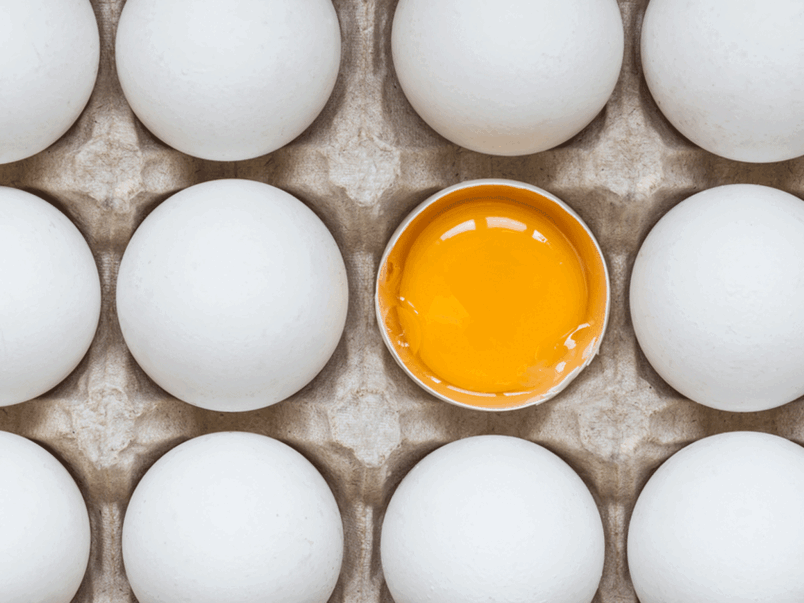
Is it risky to eat raw or semi-cooked eggs? | The Times of India
Is it risky to eat raw or semi-cooked eggs? | The Times of India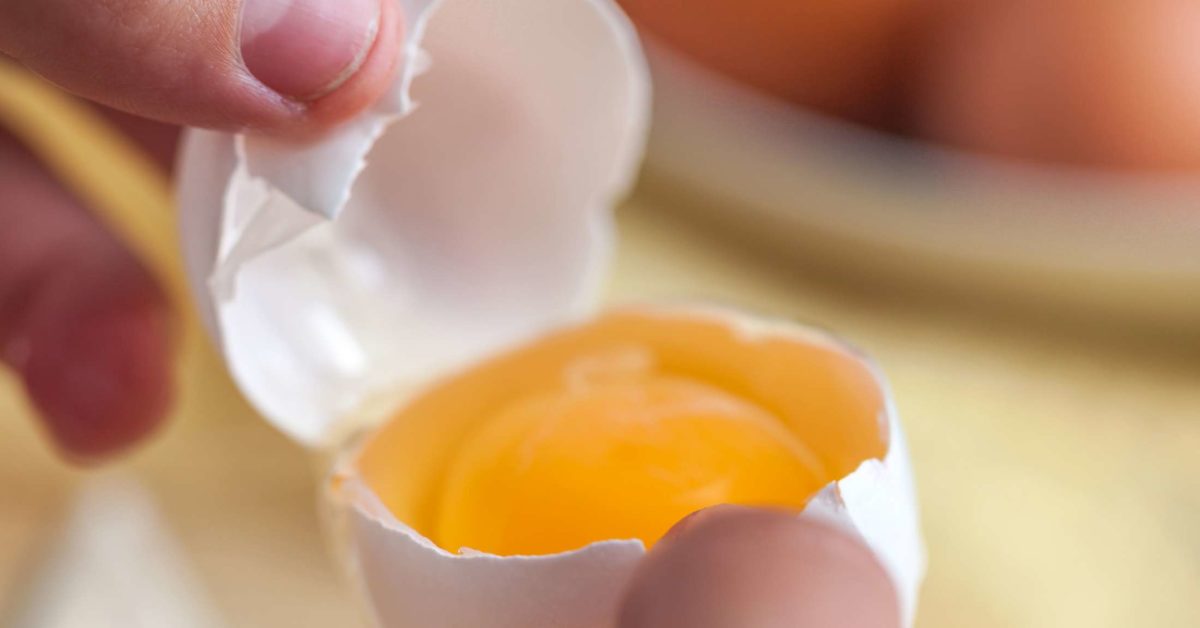
Egg yolk: Nutrition and benefits
The health benefits of eggs - BBC Good Food
How Much Protein in an Egg? A Detailed Look
What Is the Healthiest Way to Cook and Eat Eggs?
Is it safe to eat eggs when I'm pregnant? | BabyCenter
Is Eating Raw Eggs Safe and Healthy?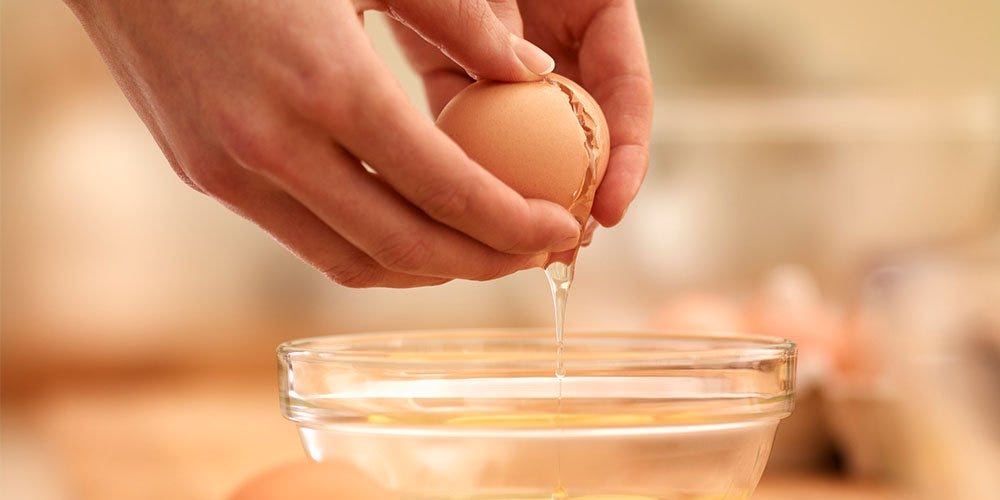
Are Raw Eggs Safe To Eat? | Women's Health
WHY JAPANESE PEOPLE?】Why do Japanese people eat raw eggs?
Is eating raw eggs safe?
Can You Eat Raw Eggs? Tips & Benefits Behind Eating Raw Eggs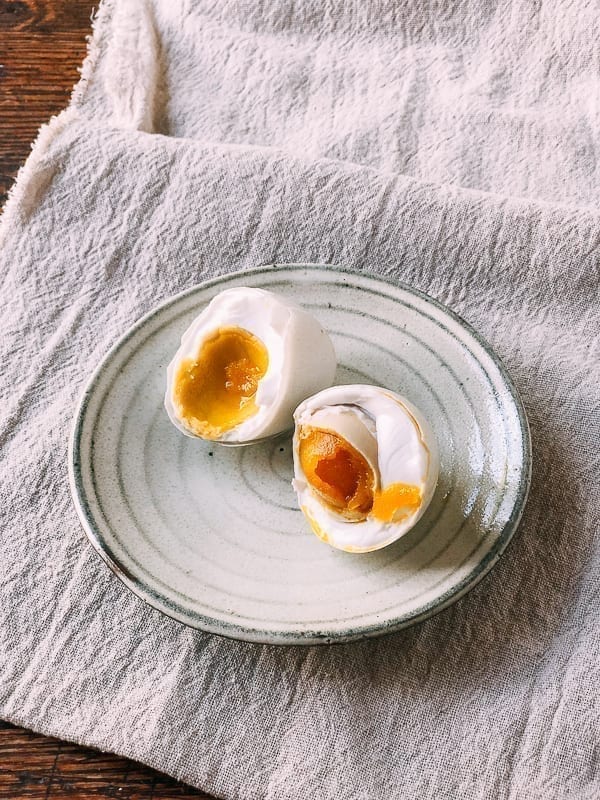
Chinese Salted Duck Eggs: Thoroughly Tested Recipe! | The Woks of Life
Is It Safe to Eat Expired Eggs?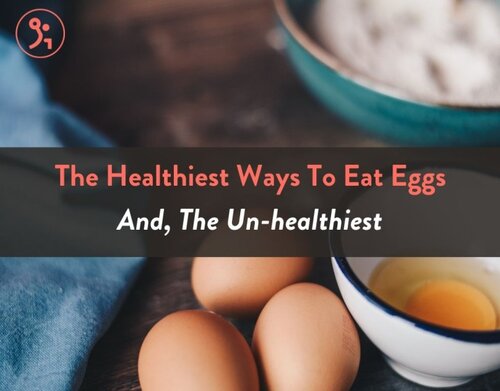
What Are The Healthiest & Un-healthiest Ways To Eat Eggs? — Fitbod
Perfect Steamed Boiled Eggs Recipe | Serious Eats
Baked Eggs in Avocado - Damn Delicious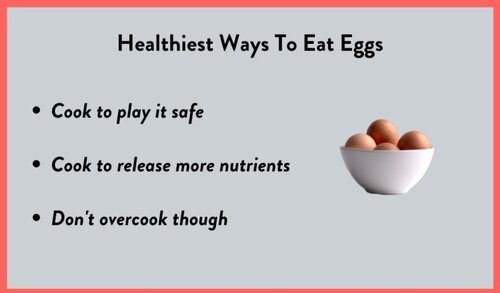
What Are The Healthiest & Un-healthiest Ways To Eat Eggs? — Fitbod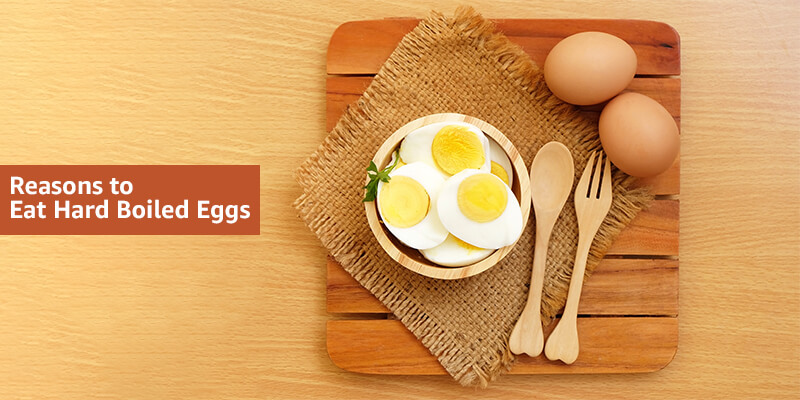
5 Reasons to Eat Hard Boiled Eggs for Breakfast - Kent Instant Egg Boiler
Benefits Of Egg Whites: From Reducing Blood Pressure To Inducing Weight Loss And More! - NDTV Food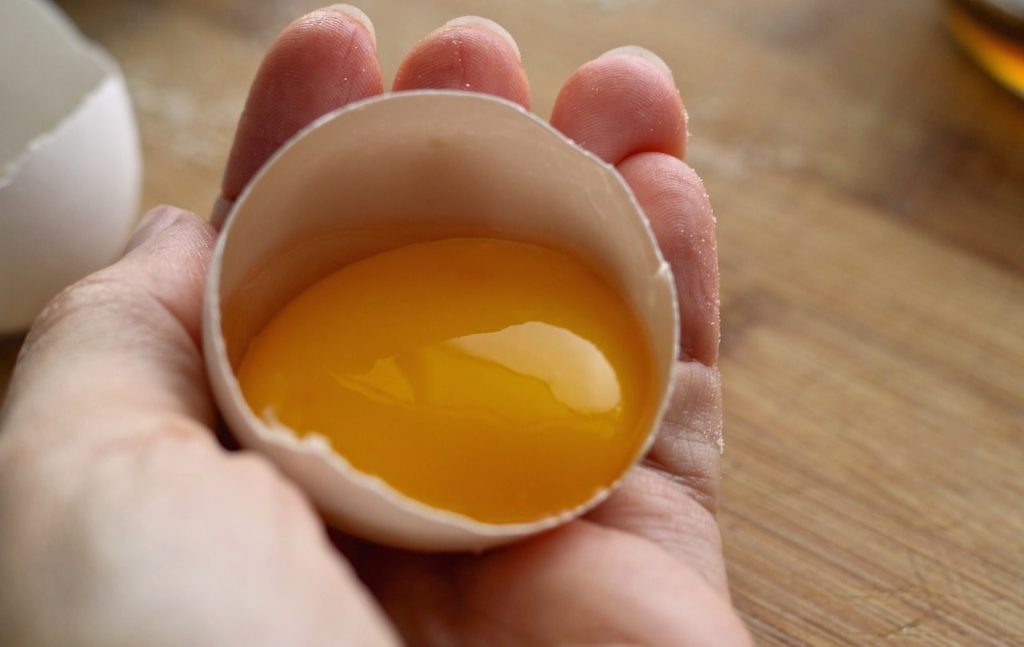
Raw Eggs vs Cooked Eggs: Which is Better? (Research-Based)
Favorite Fried Eggs Recipe - Cookie and Kate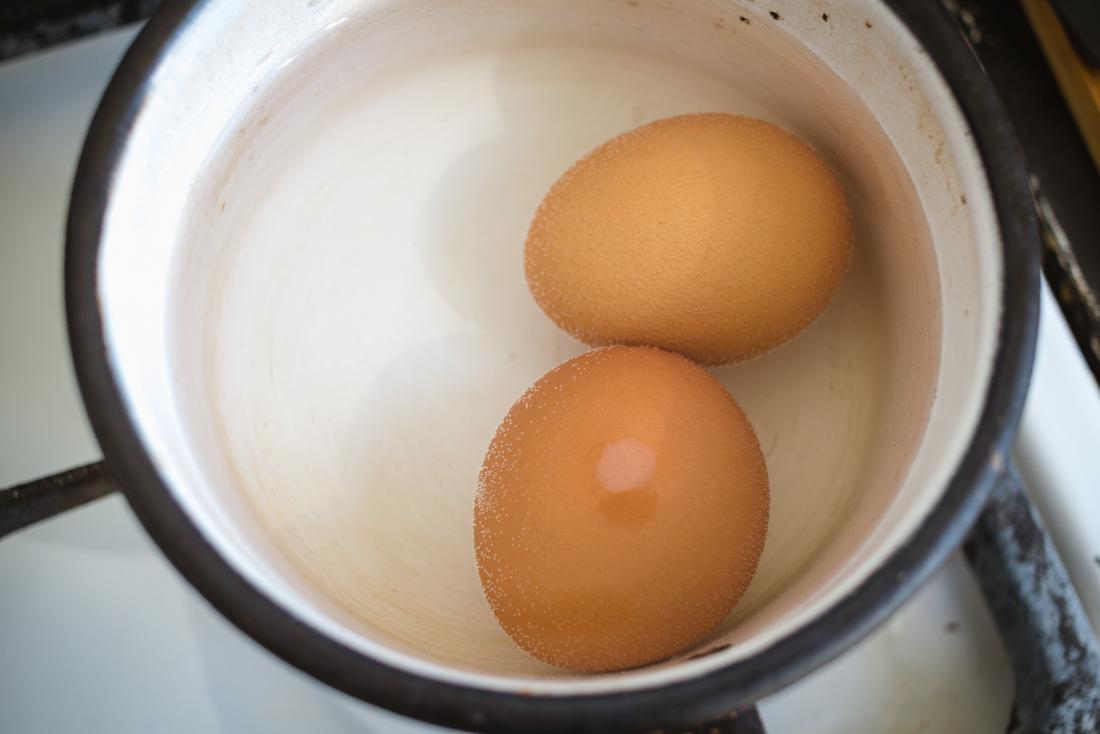
Is eating raw eggs safe?
To build lean muscle, is eating raw egg-white better than eating boiled egg-white? - Quora
91 Egg Recipes That We Always Crave | Bon Appétit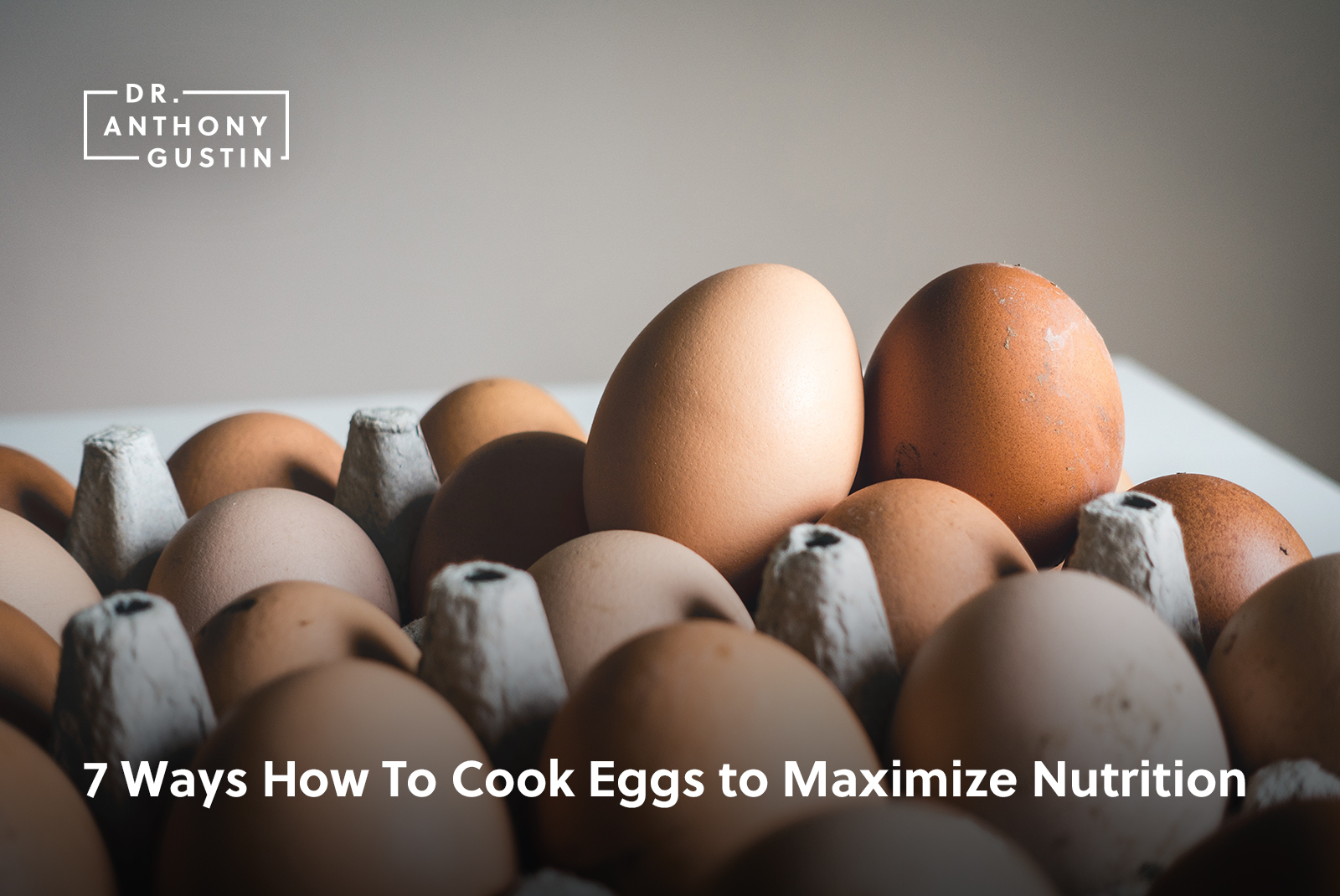
7 Ways How To Cook Eggs to Maximize Nutrition - Dr. Anthony Gustin
What Went Wrong? The Hard-Boiled Egg Edition
13 Ways To Cook Eggs | Explanation of Each Cooking Method
Jammy Soft-Boiled Eggs Recipe | Bon Appétit
Egg as food - Wikipedia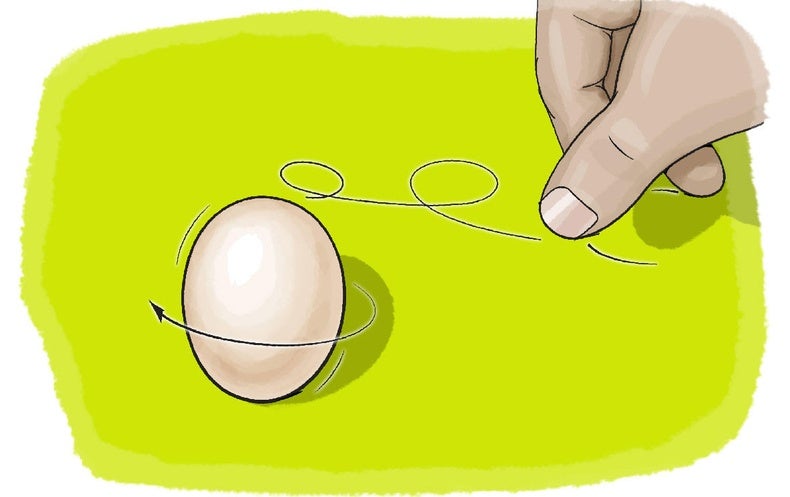
Raw or Cooked? That Is the Question! - Scientific American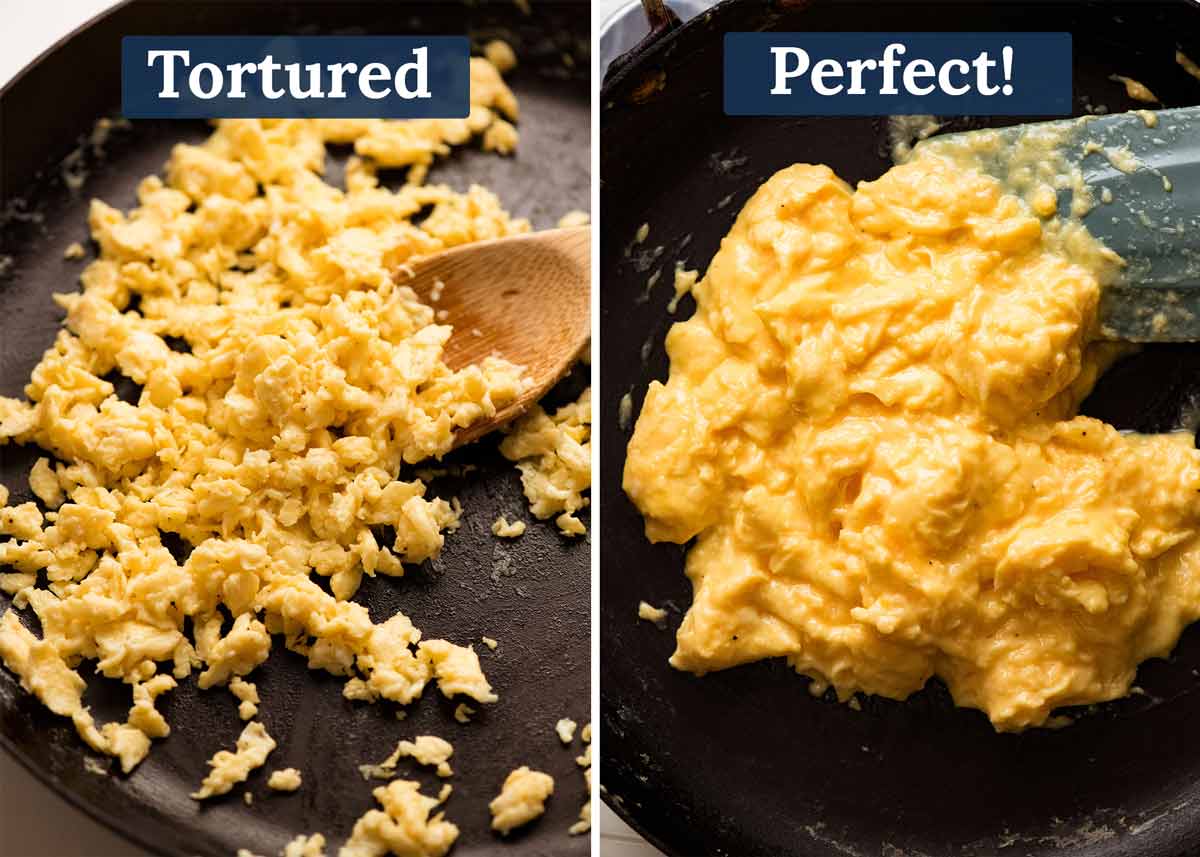
Scrambled Eggs | RecipeTin Eats
Eating Raw Meat: Is It Safe?
How the make PERFECT Boiled Eggs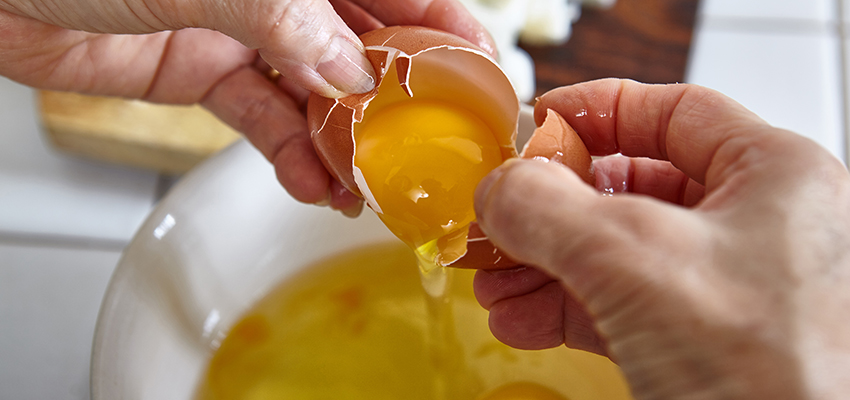
Smashing egg myths: Raw eggs build more muscle | Shine365 from Marshfield Clinic
 Is eating raw eggs safe?
Is eating raw eggs safe?







































Posting Komentar untuk "why should eggs be cooked rather than eaten raw"